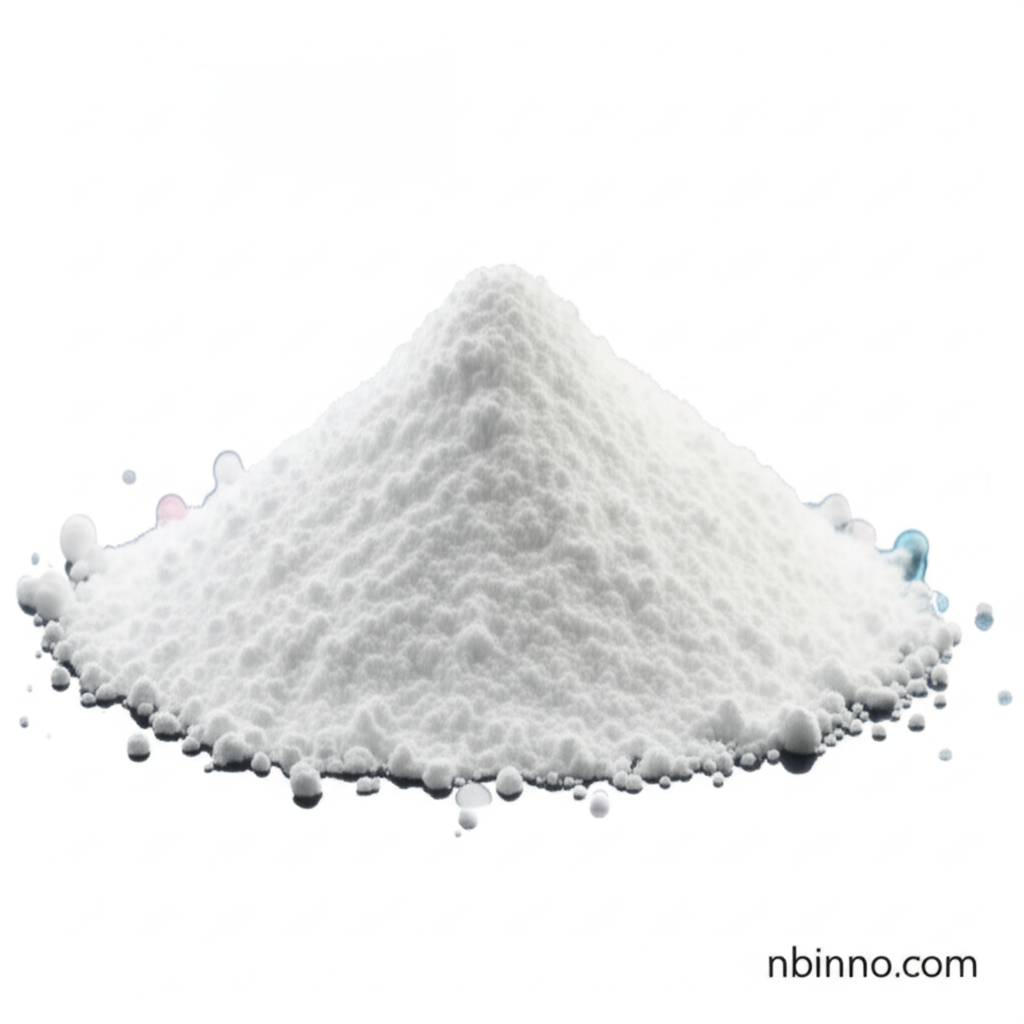Unlock Cellular Energy: The Science and Benefits of Beta-Nicotinamide Mononucleotide (NMN)
Explore the power of NMN, a vital precursor to NAD+, in boosting cellular energy and promoting healthy aging.
Get a Quote & SampleProduct Core Value

Beta-Nicotinamide Mononucleotide
Beta-Nicotinamide Mononucleotide (NMN) is a key player in cellular health, acting as a direct precursor to Nicotinamide Adenine Dinucleotide (NAD+). NAD+ is essential for numerous biological functions, including energy metabolism and DNA repair. As NAD+ levels naturally decline with age, NMN supplementation offers a promising approach to support these vital processes.
- Discover the benefits of NMN for cellular energy, a critical component of overall vitality.
- Learn about NMN's role in healthy aging and its potential to combat age-related physiological decline.
- Investigate the impact of NMN on metabolic health, including improved insulin sensitivity.
- Understand the sources of NMN and the importance of choosing high-quality products for optimal results.
Key Advantages
Boosts Cellular Energy Production
NMN is instrumental in increasing NAD+ levels, which are fundamental for cellular energy metabolism, directly impacting overall vitality.
Supports Healthy Aging
By replenishing NAD+ levels, NMN may help mitigate age-associated physiological decline, contributing to a more robust aging process.
Enhances Metabolic Function
Research suggests that NMN can improve metabolic health, including enhancing insulin sensitivity and regulating lipid profiles.
Key Applications
Anti-Aging Research
Explore the potential of NMN in anti-aging studies and its role in promoting longevity and cellular rejuvenation.
Metabolic Health Support
NMN is utilized to improve metabolic functions and address conditions related to aging and metabolic disorders.
Cognitive and Cardiovascular Health
Investigate the protective effects of NMN on brain cells and blood vessels, potentially benefiting cognitive function and cardiovascular health.
Biochemical Research
NMN serves as a vital biochemical precursor in research, aiding in the study of NAD+ biosynthesis pathways and related cellular processes.
